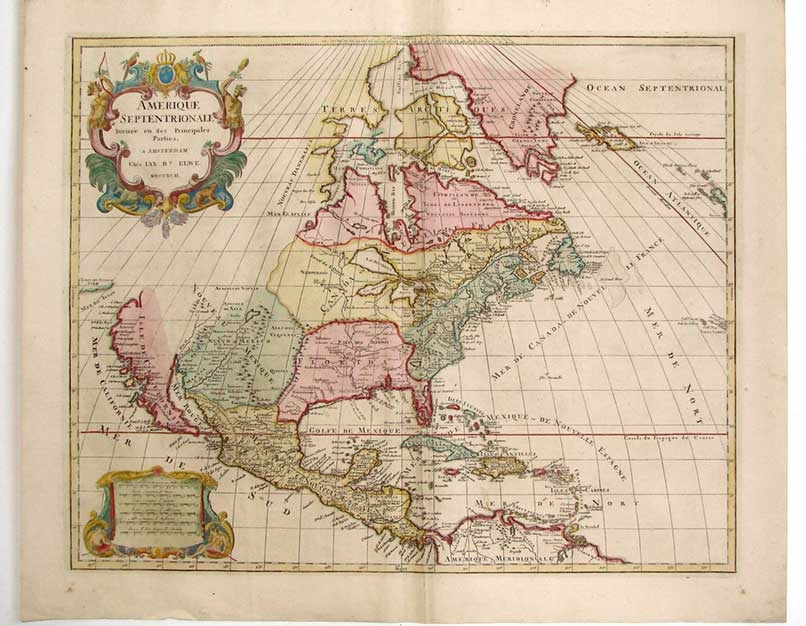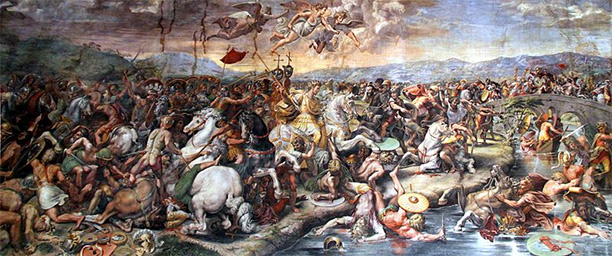
Happy International Tea Day! Tea was cultivated in China as early as around 4000 BC or 1500 years before the Great Pyramids of Egypt were built. 

But before tea evolved to become the beverage it is today, it was initially eaten as a vegetable or cooked with grain porridge. Tea shifted from being food to a drink around 1500 years ago. 



Later through history tea would evolve into different types and flavours like Masala tea, Lemon tea, Apple tea and even Chocolate tea. When fermented, tea became the refreshing and bubbly antioxidants rich Kombucha. 



#WorldHistoryin3Points #ZacSangeeth
To learn more about China, its culture and how it used the silk road to monopolise the trade of silk, porcelain and tea buy my book at amzn.to/3siP2sr
To learn more about China, its culture and how it used the silk road to monopolise the trade of silk, porcelain and tea buy my book at amzn.to/3siP2sr
@HachetteIndia @Lipton @yogiteaeurope @JadeLeafMatcha @HarneyTea @VahdamTeas @bigelowtea @TwiningsUK @ahmadteaUK @stashtea @RedLabelChai @lyons_tea @DeepintoHistory #HistoryofTea #TeaDay #InternationalTeaDay2022 #InternationalTeaDay #ChinaTea #TeaHistory #Tea
@threadreaderapp unroll
• • •
Missing some Tweet in this thread? You can try to
force a refresh
























